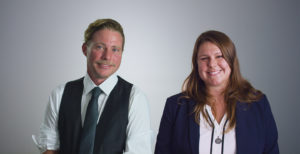Project Overview
The First 72+ was co-founded by six formerly incarcerated men well aware that people with criminal records can be legally discriminated against. In Louisiana, for example, there are 389 restrictions on employment for those with felony records—over twice the national average. The result is a place where 52% of Black men are currently unemployed. Joblessness, in turn, leads to recidivism: one in two formerly incarcerated people in Louisiana return to prison within five years. Recognizing the interrelationship between gainful employment, financial security, and stable housing, The First 72+ offers hand-in-hand services including free transitional housing, case management, peer advocacy, legal assistance, and small-business incubation—services that benefit not just formerly incarcerated men, but also the women and families who support them. Moreover, to bypass barriers facing the formerly incarcerated, The First 72+ has set out to build its own housing and start its own businesses. In 2018, the team acquired a vacant lot and helped create a replicable design for a reentry transitional house that will include a social enterprise to employ residents, along with space to help clients create their own companies. Now, instead of being seen as neighborhood liabilities, healing-based reentry centers—and the people they serve—can be celebrated as community-building assets.
In Memoriam
In November 2020, The First 72+ co-director and impassioned social justice advocate Ben Smith died following a cancer diagnosis early that year. Ben, who was 69, will be remembered for his outsized spirit and selfless devotion to serving the formerly incarcerated. Born and raised in New Orleans—where he became enmeshed in the notorious Desire housing development—Ben was convicted of cocaine distribution and sentenced to 25 years. Out on parole, Ben and five other formerly incarcerated men—including Ben’s brother, Pastor Tyrone Smith—resolved to, in their words, “heal the community we had helped destroy.” Drawing on his longtime commitment to civic initiatives, including efforts to expand voting rights and support Black political candidates in New Orleans—Ben helped launch The First 72+ in 2014 to give formerly incarcerated people a fighting chance at reclaiming their lives. Whether picking them up from the parole board, or giving them a job on his grill truck (Da Grill) when no one else would hire them, Ben pioneered a national model for wraparound reentry services while also advocating for reforms that would help end unduly punitive sentences handed down under Louisiana’s strict drug laws. Taking his brother’s place as co-director of The First 72+, Pastor Tyrone Smith will carry on Ben’s compassionate and open-hearted mission.
Five Questions
Learn more about this project
Meet our other 2019 awardees
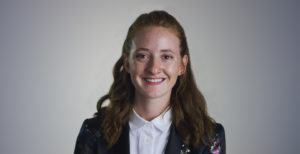
Our Climate Voices
Minnesota
Through powerful first-person stories, Our Climate Voices humanizes the climate disaster and spurs concrete action to combat climate harm.
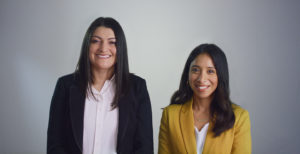
Viridiana Carrizales &Vanessa Luna
Texas and New York
ImmSchools seeks to transform America’s schools into safe and welcoming places for undocumented students and their families.
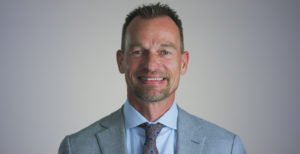
Arizona
One Water One Health is harnessing wastewater treatment plants across America to pinpoint harmful chemicals and help restore community health.

California
The Hood Incubator leverages the legal cannabis industry to advance racial equity and build economic power for Black communities.

South Dakota
South Dakota Voices for Peace fights bigotry and hate against Muslims, immigrants, and refugees in rural places.

Black and Pink’s REAP Reentry Program
Nebraska
The REAP program provides reentry support for system-impacted LGBTQ+ people, rebuilding their power and centering their capabilities on the path forward.
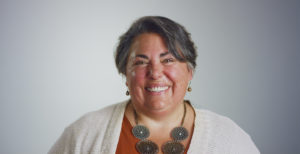
Pennsylvania
VIISTA seeks to revolutionize immigration law by creating a nationwide pipeline of legal advocates to advance immigrant justice.
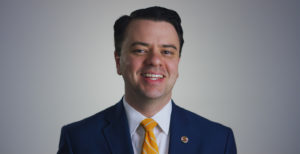
The Campaign for Historic Trades
Maryland
An apprenticeship program for preservation tradespeople helps fill urgently needed jobs while building equity in the heritage movement.

 Learn More
Learn More